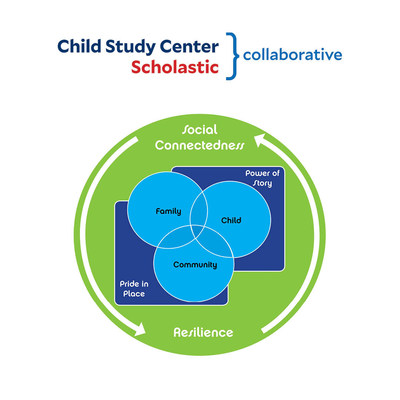


In the 1960s, a then well-respected adoption agency – Louise Wise Services in New York, deliberately split up at least 10 sets of infant twins or triplets and placed them in separate families. What emerged a few years later was that Seckler and Pritzl were part of a controversial study. Unbeknownst to both girls, their parents had known about the other twin for about a decade, but had been told to keep it a secret. Pritzl had shrugged it off – doesn't everyone occasionally hear that they look like someone else? However, the girls lived about 15 miles (24km) from each other and they had family friends in common. They could have found out earlier – their similarity to each other had been pointed out previously by acquaintances who knew both families. "I felt like I was staring at myself in the mirror." They were both smokers, had similar artistic interests like dancing and drawing, and both liked music. Being an adopted child, I always felt different… I felt like, 'Wow, I have a comrade there'." It was quite an experience… I felt less alone. "I saw Lori crossing the street… a big smile on her face," she says. Seckler recalls breaking down in tears when she met her twin sister for the first time. The girls immediately spoke on the phone and realised their friend's suspicions must have been true – that they were twins. Seckler had known she was adopted since a young age, enjoying a happy and loved upbringing, but she then learned that Pritzl had also been adopted from the same agency as her. Seckler's birthday was the same date as Pritzl's and the two girls looked exactly the same. It was 4 September 1977 – she recalls with utmost clarity, her voice wobbling only slightly – when a friend told her that she resembled a girl she knew called Lori Pritzl, and asked if she was adopted. More details can also be found on the MedPage Today website.Kathy Seckler was 16 years old when she made an unexpected discovery that changed her life completely – she had an identical twin sister. The interdisciplinary intervention brings together a home visiting team including a pediatric nurse practitioner and a licensed clinical social worker to promote positive health, mental health, life course, and attachment outcomes in babies, mothers, and their families. Minding the Baby® (MTB), based at the Yale School of Nursing and the Yale Child Study Center, is an intensive home visiting model intended for first-time young mothers and their families, developed in New Haven, Connecticut in 2002. Pediatrics® is the most-cited journal in pediatric medicine, and among the top 100 most-cited journals in all of science and medicine. Researchers concluded that more research is needed, but home visits could be effective in reducing obesity rates in at-risk populations.įor further information about the study, please contact Monica Ordway at: or 20 or Lois Sadler at: or 20 They found 19.7 percent of children in the control group were obese, compared to 3.3 percent of children who received the visits. Researchers found that at age 2, 78.3 percent of children who received home visits were at a healthy weight, compared to 63.6 percent in the control group. 158 first-time mothers who lived in medically underserved communities received home visits by a social worker and pediatric nurse on a recommended visit schedule including weekly visits from the third trimester of pregnancy until the child’s first birthday, and bi-weekly through the child’s second birthday. The study, “A Home Visiting Parenting Program and Child Obesity: A Randomized Trial”, shows that children from families who received a home visiting intervention were significantly less likely to be obese at age 2. Most childhood obesity prevention programs focus on older children, despite the fact that more than half of children with overweight or obesity became overweight before the age of 2. The authors of the study are Monica Ordway, Lois Sadler, Margaret Holland, Arietta Slade, Nancy Close, Linda Mayes – all faculty members at the Yale School of Nursing and the Yale Child Study Center.

It reveals that children from families who received the Minding the Baby® home visiting intervention were significantly less likely to be obese at age 2. The full article is accessible online to those with a subscription to the publication (which includes the Yale community, via VPN), and will also appear in the February 2018 print issue of Pediatrics®. The findings of a study by faculty at the Yale School of Nursing, the Yale Child Study Center, and the Minding the Baby® National Office, were released online today in Pediatrics®, the official journal of the American Academy of Pediatrics – the world’s leading pediatrics resource.


 0 kommentar(er)
0 kommentar(er)
